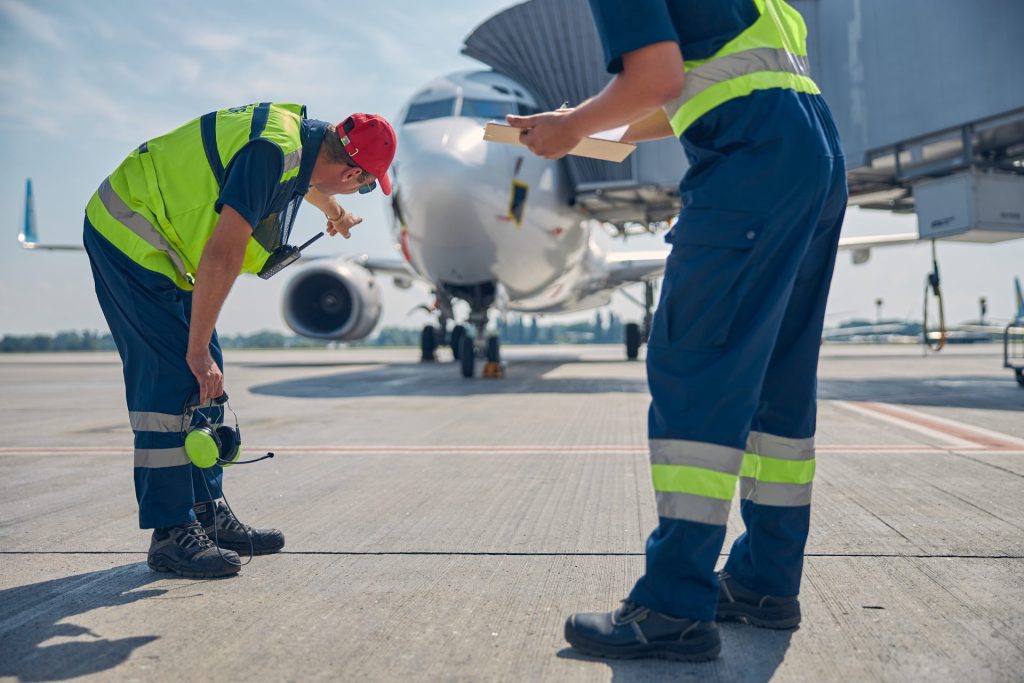Civil aircraft sales across borders are subject to the trade, tax, and safety laws and regulations of two countries at least—and those are not the only ones. International laws and standards have been developed to maintain the security of assets that can move around the world in hours.
Aircraft brokers who buy or sell internationally must become familiar with the US regulations, foreign laws, and treaties governing aircraft and sales.
International Law on Civil Aircraft
There are three major international treaties with laws applicable to international aircraft sales:
- The Chicago Convention (the Convention on International Civil Aviation), signed by 193 nations
- The Geneva Convention (the 1948 Convention on the International Recognition of Rights in Aircraft), signed by 91 nations
- The Cape Town Treaty (the Convention on International Interests in Mobile Equipment and the Protocol on Matters Specific to Aircraft Equipment); 84 nations are parties
The United States is a party to each of these. The Chicago Convention primarily pertains to safety standards and sovereignty. The Geneva Convention requires its members to recognize recorded property rights, rights to purchase, rights of possession, and security interests in aircraft. The Cape Town Treaty supersedes the Geneva Convention for those countries that have signed on to it. It has created the online International Registry of Mobile Assets for the recording and search of property interests.
Unlike the previous conventions, the Cape Town Treaty specifically recognizes the existence of rights in “aircraft objects”—helicopters, airframes, and aircraft engines over a certain size and capability. A prospective buyer should conduct a title search on the International Registry, as well as on any national registry that has pertained to the aircraft or components during their existence.
While researching the transaction, it is also wise to check whether the US has sanctioned sales of aircraft or components involving the nation of one of the parties. International tensions can move quickly, and regulations may follow that affect otherwise innocent transactions.
Exporting Aircraft to Foreign Buyers
Selling an aircraft or component—or leasing it if it remains outside the US for longer than a year—is considered a “permanent export.” Permanent exports of aircraft and components require compliance not only with FAA regulations but with the US Department of Commerce, Customs and Border Protection (CBP), and the Census Bureau.
An EEI (Electronic Export Information) filing should accompany a permanent export. The Census Bureau AES receives these filings, which contain information on the parties, the item’s value, and more. An EEI filing is the responsibility of the principal party in interest in the US (USPPI). The USPPI is the stateside party that “receives the primary benefit, monetary or otherwise, from the export transaction.” It is not always obvious who the USPPI is, especially if the foreign buyer is present in the US, even temporarily. An authorized agent can make the filing, but it is essential to determine who is responsible and receive the proper authorization to file before the aircraft leaves the country.
If the buyer’s country has a bilateral agreement with the US or has submitted its import requirements to the FAA, the aircraft will need an FAA Export Certificate of Airworthiness. Moreover, that country will have its own requirements. The FAA maintains a public appendix of import requirements for other nations that have filed with it, including Canada, Mexico, and the EU.
No aircraft registered with the FAA can be registered in a second jurisdiction. The owner must de-register the aircraft to register it with another nation. FAA registrations cannot be under the name of a non-citizen owner or an entity not controlled by US citizens. If the buyer is a citizen of another country, they will need to create a non-citizen trust to keep the aircraft on the FAA registry.
Importing Aircraft for US Buyers
Imports require cooperation with the FAA and the CBP. When bringing an aircraft into the US, the seller must declare their intent to sell to the CBP. The parties should work with a US customs broker, who will manage the paperwork to ensure the aircraft is compliant and pays the correct tariffs. The seller must also work with local customs professionals and tax counsel in the country they depart. Failure to manage these matters can lead not only to legal penalties but also to title problems in any future sale of the aircraft.
The aircraft will need an airworthiness certificate from the civil aviation authority (CAA) of the country of its manufacture. Moreover, this country and the US must have a bilateral aviation agreement. Even so, the aircraft still requires FAA approval. A designated airworthiness representative (DAR) from the FAA has the authority to inspect aircraft and issue airworthiness certificates. It is crucial to arrange a pre-purchase inspection with a DAR who can advise whether the aircraft will be acceptable to the FAA.
Seeking Guidance
Imports and exports of aircraft require a careful purchase and sale agreement, setting out the responsibilities and the allocation of expenses at every step. Let our experienced aviation attorneys help you manage the challenges of international law and regulations. At Aero Law Center, we can assist you with negotiations, purchases and sales, litigation, and regulatory compliance. Call our Fort Lauderdale office today at 954-869-8950 to make your first appointment.

 CALL US NOW
CALL US NOW






